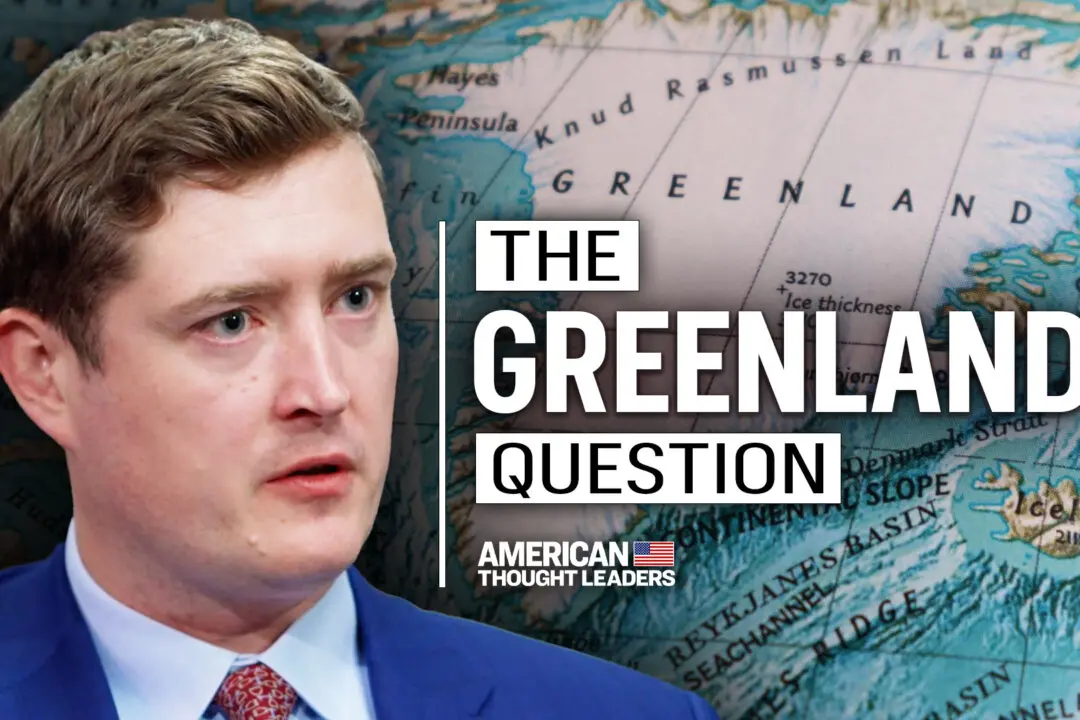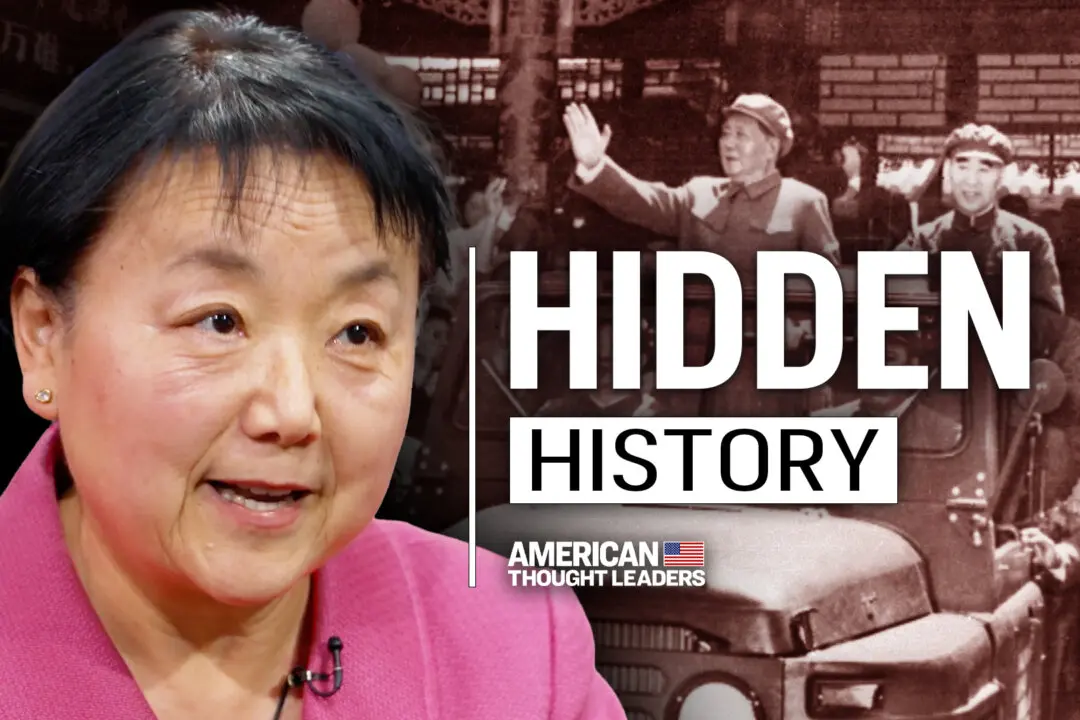“We, as a country, can’t go on like this anymore. We are going to be free or we’re not. And that’s the discussion that’s being had,” says Star Parker, a conservative commentator and founder of the Center for Urban Renewal and Education (CURE).
“There are people that have a vested interest in us not being free. And that’s the noise you hear,” Parker said in an interview with Epoch Times senior editor Jan Jekielek for the “American Thought Leaders” program. Her newest book is titled “Necessary Noise: How Donald Trump Inflames the Culture War and Why This Is Good News for America.”





